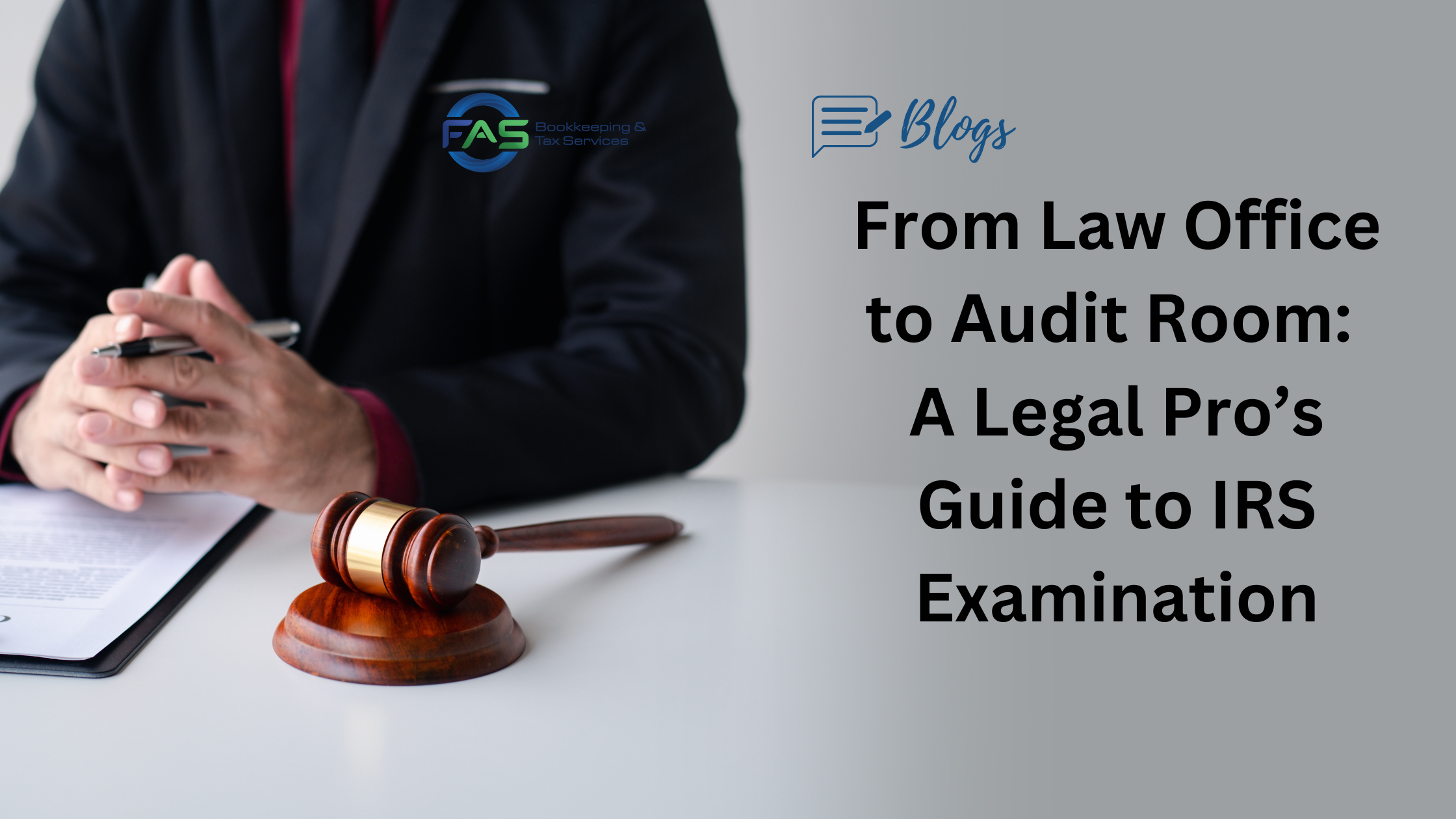As you approach retirement, it’s vital that you pay attention to several important financial matters to ensure a smooth transition. Here are five of them:
1. Health Insurance
Are you among the lucky few who will continue to be covered after retirement? If not, then you’ll need to replace your health coverage.
If you will be eligible for Medicare at the time of your retirement, then you may want to start checking into “Medigap” coverage. Original Medicare pays for much, but not all, of the cost for covered health care services and supplies. Medigap is Medicare Supplement Insurance that helps fill “gaps” in and is sold by private companies to individuals age 65 and older that covers medical expenses not covered or only partially covered by Medicare.
If your employee plan coverage is broader than Medicare, then take care of any non-emergency medical, dental, or optical needs before you retire.
2. Other Insurance
Once you retire, and depending on individual circumstances, you may need to replace employer-provided life insurance with extra coverage. You should also consider purchasing long-term health care insurance in case of a lengthy nursing home stay in the future. Premiums for qualified long-term care insurance policies are tax deductible to the extent that they, along with other unreimbursed medical expenses (including Medicare premiums), exceed 10 percent of the insured’s adjusted gross income in 2020.
3. Social Security
Decide whether you want to take early Social Security benefits if you’re retiring before your full retirement age, which is currently 66 years of age for people born between 1943 and 1954 and age 67 for those born after 1960. The years in between are prorated accordingly. If you choose to retire as early as age 62, doing so may result in a reduction of as much as 30 percent of your full benefits. Conversely, starting to receive benefits after normal retirement age may result in larger benefits.
Taking Social Security benefits at full retirement age makes financial sense for most people, but if you think you might need to take early benefits, please call and speak to a tax professional first.
4. Pension Plan or 401(k) Retirement Plan Payout
You should plan well in advance how you’ll take the payout from your pension plan or 401(k) plan. For example, will you transfer the funds to a conventional or Roth IRA? How will the funds be invested?
5. Relocation
If you’re planning a move to another state or country, make sure that you fully explore the financial ramifications of living there before you move. Cost of living as well as rates of taxation can vary significantly from one region of the country to another.
If you have any questions or need assistance planning for a smooth transition into retirement, contact us!





